“American Justice 2016: The Political Supreme Court,” by Lincoln Caplan ’76 (Penn)
Having left a hedge fund position in order to make a difference in public service, the author recounts his five years working in the Securities and Exchange Commission starting shortly after the financial crisis of 2008. Champ outlines how an organization that had become “insular and ill-equipped” improved during his tenure as director of the Division of Investment Management and proposes reforms to bolster the security of the financial system. The experience left him convinced of the importance of a federal investors watchdog to the growth of the U.S. economy.
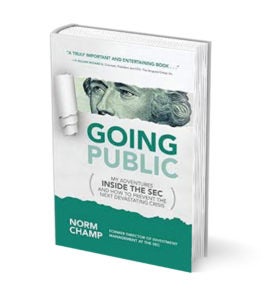
“Going Public: My Adventures Inside the SEC and How to Prevent the Next Devastating Crisis,” by Norm Champ ’89 (McGraw-Hill)
Having left a hedge fund position in order to make a difference in public service, the author recounts his five years working in the Securities and Exchange Commission starting shortly after the financial crisis of 2008. Champ outlines how an organization that had become “insular and ill-equipped” improved during his tenure as director of the Division of Investment Management and proposes reforms to bolster the security of the financial system. The experience left him convinced of the importance of a federal investors watchdog to the growth of the U.S. economy.
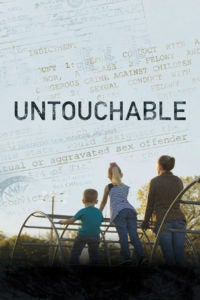
“Untouchable,” a documentary co-produced by Rebecca Richman Cohen ’07 (Blue Lawn Productions)
The film looks at the pain caused by sex offenders, but it also questions the laws that can force them to live as pariahs. It is framed by the story of a powerful lobbyist in Florida who advocates for tough laws in response to his daughter’s abuse at the hands of a nanny. It also features the stories of convicted sex offenders blocked from housing and frequently sent back to prison for probation violations even when they don’t re-offend. Cohen, an Emmy Award-nominated documentary filmmaker, is also a lecturer on law at HLS.
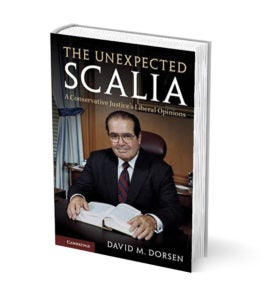
“The Unexpected Scalia: A Conservative Justice’s Liberal Opinions,” by David M. Dorsen ’59 (Cambridge)
According to the author, the justice known for his outspoken and sometimes pointed conservatism was responsible for more than 100 opinions that could be considered liberal, such as those deferring to individual rights. Dorsen, who first became friends with Antonin Scalia ’60 when they were students at HLS, uses the late justice’s writings to explore his judicial philosophy and how it could accommodate liberal opinions “he did not want to write.” The author (who has also written a biography of Judge Henry Friendly LL.B. 1927) contends that Scalia’s interpretation of originalism led him directly to opinions that clashed with his personal views, a hallmark of a principled jurist.
“Four Seasons of Loneliness: A Lawyer’s Case Stories,” by J.W. Freiberg ’83 (Philia)
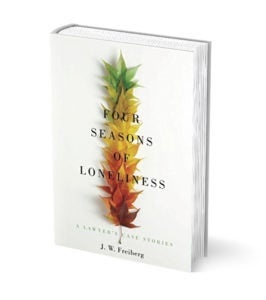
The author draws on an unusual combination of expertise—in loneliness and the law—to craft portraits of clients in different stages of life, who themselves represent a condition that engulfs an increasing number of people. He profiles an abused child, a man long imprisoned in solitary, a long-distance trucker who failed to connect with others and a dying man still mourning a lost love from decades before. A social psychologist, Freiberg writes that loneliness threatens our overall health, and we should take steps to ensure it doesn’t prevail.
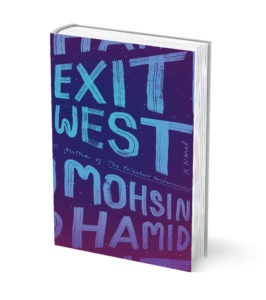
“Exit West,” by Mohsin Hamid ’97 (Riverhead)
Hamid’s fourth novel is a love story and a story of displacement and connection, both realistic and fantastical. Its protagonists Nadia and Saeed meet in a city under siege—under threat from its own government and from militants’ violent resistance. In the midst of growing desperation, there are rumors of doors that provide passage away from the violence to faraway places, doors that could be walked through at a price that goes well beyond money. “It was said in those days that the passage was both like dying and like being born,” Hamid writes.
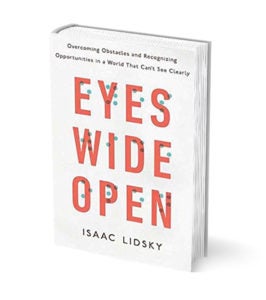
“Eyes Wide Open: Overcoming Obstacles and Recognizing Opportunities in a World That Can’t See Clearly,” by Isaac Lidsky ’04 (TarcherPerigee)
Lidsky lost his sight by the time he was 25 years old, but he gained insight that has served him through Harvard Law School, clerkships with two Supreme Court justices, a successful business venture, marriage and fatherhood. Combining self-help, neuroscience, and memoir, the book explores the growth and revelations gained through the author’s blindness caused by a degenerative eye disease diagnosed at age 13. He writes of his fear of going blind and coming to accept and embrace his blindness while overcoming the pity and anxiety of others. Through the lessons of that experience, he shares “practical ways to open yourself to new learning, unexplored opportunities, and your true potential.”
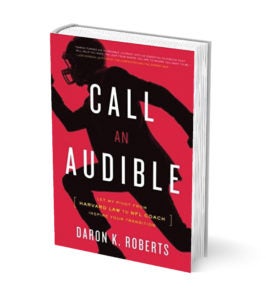
“Call an Audible: Let My Pivot from Harvard Law to NFL Coach Inspire Your Transition,” by Daron K. Roberts ’07 (River Grove)
In football terminology, an “audible” happens when the quarterback changes the play at the last minute. Roberts knows the term well from his football experience and his own life, which he recounts in his book detailing his choice, shortly before graduating from Harvard Law School, to eschew a well-compensated legal career and seek a nonpaying job at the lowest rung of professional coaching. Eventually rising to prominent stints coaching in the NFL and at the college level, he offers lessons for others considering drastic changes, including embracing menial work that may lead to greater opportunities.
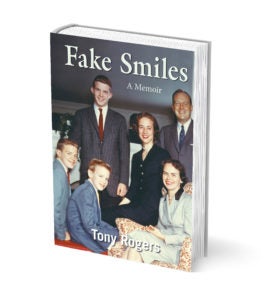
Fake Smiles: A Memoir,” by Tony Rogers ’66 (TidePool)
Like a lot of young people in 1968, Rogers loathed the new president, Richard Nixon, and couldn’t understand how anyone supported him. Unlike other people, however, Rogers’ father, William P. Rogers, was soon to be named secretary of state in the Nixon administration. That was just one fundamental disagreement the author faced with his father, and his book captures their often uneasy relationship and eventual détente. It also captures the tenor of the times, represented by some of the famous visitors in the Rogers household, including Robert Frost, Joseph McCarthy and the president himself.
“The Lowells of Massachusetts: An American Family,” by Nina Sankovitch ’87 (St. Martin’s)
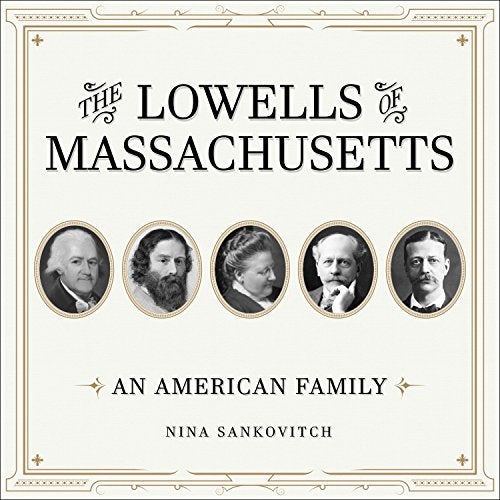
Through each generation since 1639, the Lowell family has made its mark on American society, living the family motto, Occasionem Cognosce (Seize the Opportunity). Based on research largely from Harvard archives, the book is the first to offer a comprehensive examination of this history, from patriarch Percival Lowle landing in Boston from England to the death of poet Amy Lowell in 1925. Steeped in the values of ambition and duty, the family produced prominent religious, literary, legal, business, and political figures and left a “stunning legacy of productivity and creativity,” Sankovitch writes.
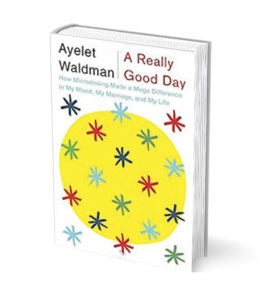
A Really Good Day: How Microdosing Made a Mega Difference in My Mood, My Marriage, and My Life,” by Ayelet Waldman ’91 (Knopf)
After years of experiencing mood problems that were not resolved by prescription medication, Waldman turned to what appeared to be a radical solution: LSD. She chronicles her experiences over 30 days taking doses of the drug low enough not to cause hallucinatory effects but which she found did help alleviate negative emotions, increase insight and provide many really good days. In addition to sharing her perspective as a wife and mother seeking to improve her mental health and relationship with her family, she explores public policies surrounding LSD, and argues that more research is needed on a drug with potential to better lives.
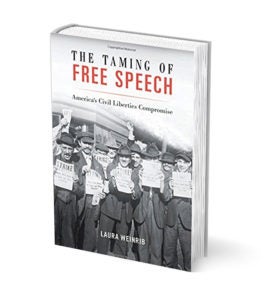
“The Taming of Free Speech: America’s Civil Liberties Compromise,” by Laura Weinrib ’03 (Harvard)
Weinrib argues that civil liberties once were thought to be a radical notion, connected to workers agitating for their rights through boycotts and strikes. The transformation of that vision during the years between World Wars I and II is the subject of her book, which focuses on the American Civil Liberties Union’s role in the process. According to Weinrib, who serves on the faculty at the University of Chicago Law School, the ACLU shifted from primarily supporting the labor movement to championing personal freedom and democratic debate, a stance that gained adherents from the political right seeking to protect business interests. The compromise, she contends, had ramifications that still linger today.
